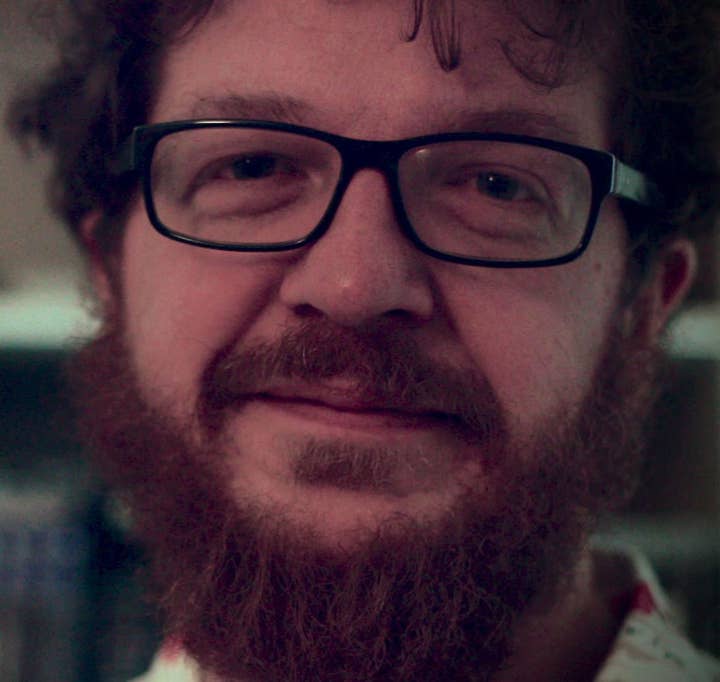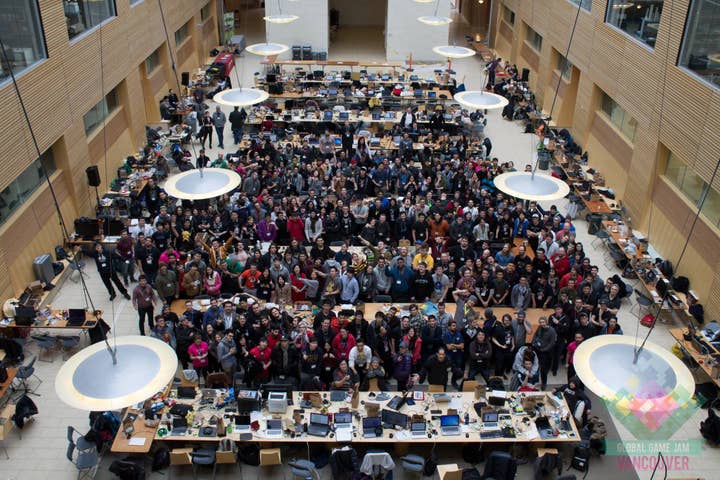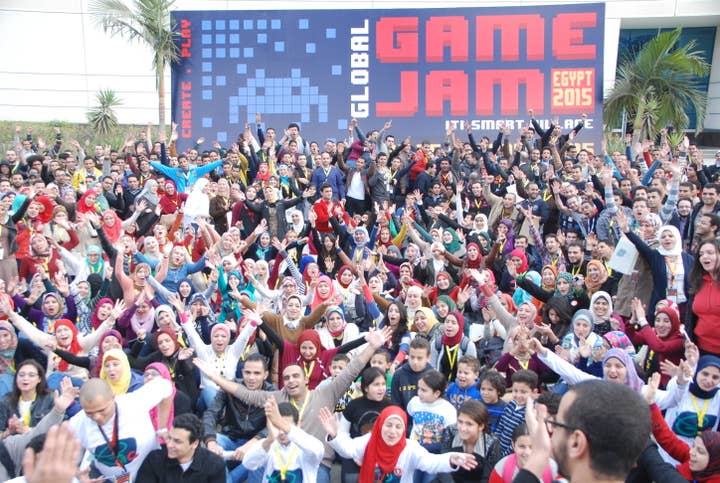“The Global Game Jam is a counter-movement to increased nationalistic tendencies”
President and co-founder Gorm Lai discusses through the rise of GGJ, the benefits for participants and the need for better worldwide collaboration
Tomorrow, the world's biggest, most frantic development competition kicks off: the Global Game Jam.
A stable in the games development calendar, the annual initiative challenges entrants to create a game from scratch in just 48 hours. As well as competing with those in the same area, they'll also be up against developers around the world, all working to the same theme.
The Global Game Jam was co-founded by Kotori Studio's Gorm Lai in 2009. Lai previously worked with developer-turned-professor Jesper Juul and university lecturer Henriette Moos to form the Nordic Game Jam. After this was a success, Lai formed GGJ with two more academics, Susan Gold and Ian Schreiber, taking the Nordic model and applying it local jams around the world.

Now gearing up for its 10th anniversary in 2018, Lai says the secret to the initiative's success has been "the magic of the game jam" and the community GGJ has gathered over the past decade.
"Many people, beginners and experts, say doing their first jam was a life changing experience," he tells GamesIndustry.biz.
"Unlike many other jams, the Global Game Jam is idealistic. We focus on sharing, community and experimentation. We are genuinely intent on bringing developers closer worldwide and expanding the definition of not only video games, but games in general.
"Many people, beginners and experts, say doing their first jam was a life changing experience"
"On a basic level, we use Twitch to stream from jams and have a global keynote and theme to tie things together. Post-jam, games, source code and assets are shared on our website. We also have a diversity scholarship program where we give out a number of GDC passes in collaboration with UBM. For organisers and all the volunteers, they get to be part of a 1,000+ strong community that communicate daily through Slack, and so then they already have a bond when they meet in real life at GDC, Develop Brighton and other places."
Active participation and meeting fellow developers is the key, with Lai stressing that jammers are not allowed to take part remotely from their own homes. Instead, they have to make there way to their nearest local GGJ event. This is considerably easier today that it was in 2009; the jam has grown from 53 locations to more than 658 this year, with devs in 97 countries hoping to take part.
"That's more countries than the Winter Olympics," Lai observes.

He continues: "For me personally, the mission is now more about quality than quantity. When something grows as large as GGJ, it becomes harder to keep that feeling of global community, and it is something we'll need to have a constant focus on.
"The biggest challenge is just co-ordinating everything; all locations are vetted personally by a trusted volunteer. We also have a global theme, video keynote - which is subtitled in more than 10 languages - we distribute organiser manuals, and so forth. It is a lot of work, involving at least 1000 people, counting local organisers. On a more global level, we are nearing around 50 core volunteers at least. We are very well organised these days.
"I talk with people on at least three continents on a daily basis, sometimes more, and it really feels like we are all just citizens of the world"
"Thanks to our generous sponsors, our executive producer Giselle Rosman in Melbourne can afford to pay to use half her time to organise the jam. She is heading up a group of volunteers in the executive committee, who then gets help from a lot of extra people to put on the jam."
The scope of organising a planet-wide game jam, even in this highly-connected age, is mightily impressive but why go to such efforts? What are the benefits of bringing so many developers together? Again, Lai points to the long-established takeaways of even the simplest game jams: the values of fast iteration, learning from failing fast and improving your teamwork. While emerging from the GGJ with a finished game or prototype is ideal, the initiative is "more about the process than the product".
"Even experienced developers tell me game jams can be a game changer," says Lai. "Doing a game jam is a real exercise in creativity, where devs can try out new roles risk-free, maybe changing from game design to coding or vice versa. They can test out new ideas and software, work with new people, or just be free of the usual production constraints, so you don't have to worry about things like milestones, target audience, and so on.

He adds the following advice: "It is incredibly important to get started trying out new ideas as fast as you can. Also don't make the groups too big - around four, at most six people, is the ideal size for a game jam group. Lastly, don't forget to learn and have fun."
And, of course, there's the potential of stumbling on your next hit. Past entries have evolved into the best-selling Surgeon Simulator, the award-winning Mushroom 11 and this year's IGF-nominated A Normal Lost Phone.
Global Game Jam 2017 starts tomorrow, but there is still time to participate if you and your fellow developers are up to the challenge. Lai says most locations are open for registration until the day of the jam, unless they're already at full capacity. You can find your nearest one through the GGJ website, as well as information on hosting and organising your own local jam next year.
Lai pledges to continue growing the Global Game Jam and bringing developers from around the world closer together, even if that begins with meeting their local peers. With everything happening in the wider world, he believe it's important for people to remember the benefits of collaboration.
"We live in a world with growing international tensions and increased nationalistic tendencies," he says. "I like to see the Global Game Jam as a part of the counter movement to that.
"I talk with people on at least three continents on a daily basis, sometimes more, and when we talk, it really feels like we are all just citizens of the world. It is a truly enriching feeling to work closely with so many people from so many different places and backgrounds. I am grateful for that every day of my life. And at the same time, we get to do our favourite thing, which is facilitate the creation of games."








